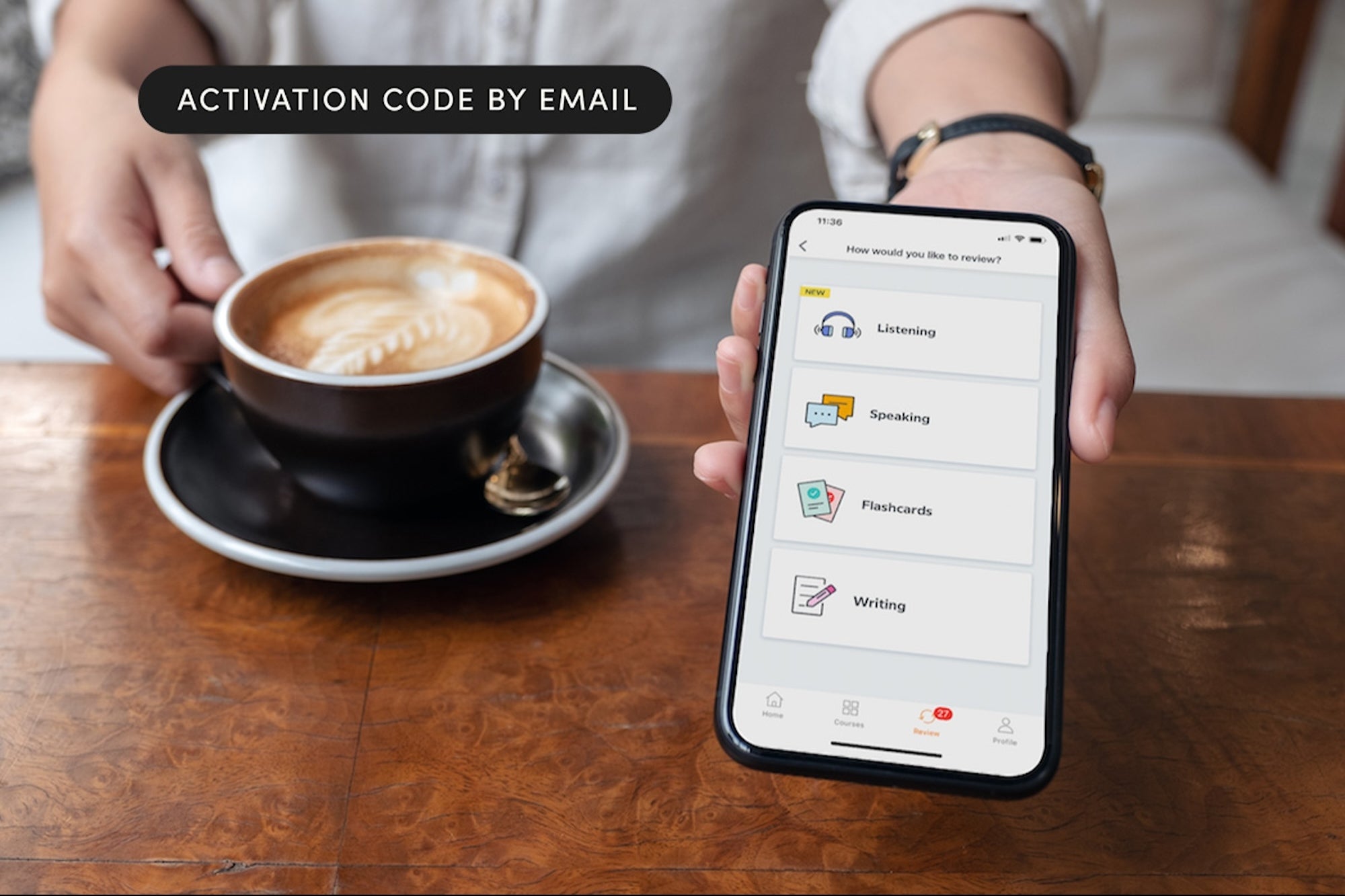3 Things Anyone Can Learn From Millennials' Financial Habits New savings data calls some of the common myths about millennials into question.
Opinions expressed by Entrepreneur contributors are their own.

To all of the writers of articles out there labeling millennials as lazy, entitled navel-gazers, here's a rebuttal: They're the most proactive age group of all when it comes to saving money.
In fact, a larger share of millennials contribute to their 401(k) plans than any other generation, according to an annual report by Bank of America Merrill Lynch released today. Eighty-two percent of eligible millennials who have 401(k) plans are contributing to them, compared to 77 percent of gen Xers and 75 percent of baby boomers.
Related: Here's How Much a Millennial Needs to Save Each Month to Retire With $5 Million
This isn't a coincidence, given their priorities and skills (generally, of course). Sylvie Feist, director of financial guidance services at Bank of America Merrill Lynch, spoke with Entrepreneur about the factors that encourage millennials to save more, as well as how employers can play to the millennial mindset and foster good habits.
Millennials get how to use tech tools -- and expect them.
Millennials grew up with today's technologies, so they're well-versed in using them for everything from day-to-day tasks to planning their financial futures.
"It's easy for them to interact with their plans, get information as well as take action," Feist says, noting that both web and mobile plan management is on the rise -- and mobile more so. "Every year, we see more and more people using digital tools and simplified access. I think it's becoming more commonplace and more accepted."
Millennials use online tools largely for the sake of simplicity. In the context of financial planning, this might mean auto-enrollment or an auto-increase of their 401(k) plan contributions. One could view this behavior as lazy -- or they might consider it savvy and a way to save time to be productive in other ways.
Takeaway: Employers should be aware of the growing expectation of tech that streamlines tasks.
"Millennials are achievers.'
Despite the trope of the lazy millennial who wants to live on their parents' dime, "millennials set goals for themselves," Feist explains. They want to take advantage of workplace benefit programs, take advantage of any match options their plan offers and consider all of their options.
"It's embedded in their culture," Feist says. "It's who they are."
Call it resourcefulness, or even trying to game the system. Whatever the case, millennials are more likely to be aware of all of the options that exist for them -- or seek out information to maximize their savings.
Takeaway: Give employees the tools to discover information they need, and educate those who may lack the know-how to use them.
Related: Are Millennials too Reliant on Technology to Fund Their Future?
But millennials also expect human interaction.
Feist notes that part of the increase in plan contributions that Bank of America Merrill Lynch has observed across generations is a rise in education initiatives by employers. Education that happens more often, and is available offline, will more likely have a greater impact toward fostering culture of saving.
"You can't just do one thing and expect that that's going to resonate with everybody," Feist says. "Everybody has their own preferences about how they like to learn. Some people might want to go digitally exclusively, while others might want to look at information online but then still want to talk to someone."
This could apply to more than just information sessions about savings plans, of course.
Takeaway: Any time you need to get a message across to employees or train them, consider the payoff of being mindful of different learning styles -- or learning schedules. Some people might not want to spend their lunch hour at seminar, for instance. Consider a webinar that employees can access outside of work hours, Feist suggests, but make someone available to answer questions, too.











